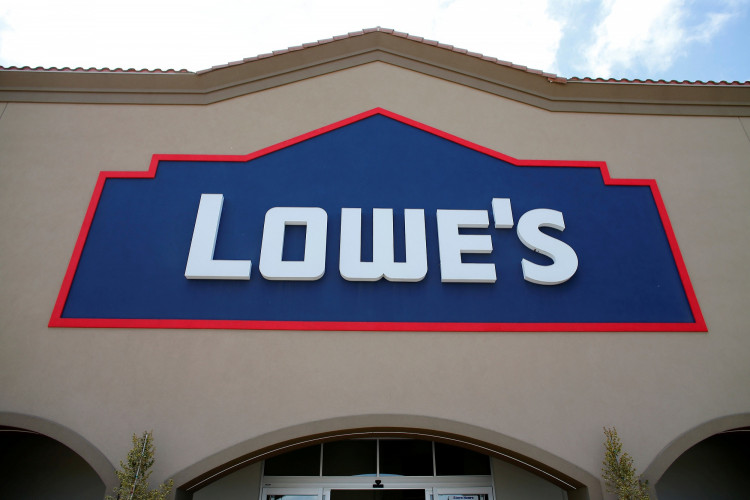Lowe's has revised its full-year forecast downward after reporting weaker-than-expected sales in the second quarter, as the home improvement retailer grapples with a challenging economic environment. The company now anticipates total sales for 2024 to range between $82.7 billion and $83.2 billion, a reduction from its previous estimate of $84 billion to $85 billion. This adjustment reflects the ongoing pressure on consumers, particularly homeowners, to defer significant spending on home projects due to high interest rates and economic uncertainty.
In an interview with CNBC, Lowe's CEO Marvin Ellison highlighted the impact of the Federal Reserve's monetary policy on consumer behavior. "Inflation remains high, and big-ticket purchases are being delayed as customers sit back and wait for interest rates to fall," Ellison explained. This hesitancy among homeowners is particularly notable given that about 90% of Lowe's customers have fixed 30-year mortgage rates of less than 4%, making them reluctant to take on new loans at current higher rates.
Lowe's reported a 5.6% drop in sales in the second quarter, with revenue totaling $23.59 billion, slightly below Wall Street's expectation of $23.91 billion. The company's same-store sales-a critical measure of retail performance-declined by 5.1%, exceeding the 4.43% drop anticipated by analysts. This marks the seventh consecutive quarter of declining sales for Lowe's, as the retailer continues to face headwinds in the home improvement sector.
The weaker performance is attributed to several factors, including a slowdown in discretionary home projects and unfavorable weather conditions that hurt sales of outdoor and seasonal items. However, Lowe's did see some bright spots, with positive growth in its online business and sales to home professionals such as contractors and electricians.
Despite these challenges, Lowe's managed to surpass profit expectations, reporting adjusted earnings of $4.10 per share, compared to the $3.97 per share forecasted by analysts. This outperformance was partly due to a $43 million pretax gain from the sale of its Canadian retail business last year, which added 7 cents per share to its earnings.
The company's revised full-year outlook reflects the ongoing uncertainty in the home improvement market. Lowe's now expects comparable sales to decline by 3.5% to 4%, a steeper drop than its previous forecast of 2% to 3%. Adjusted earnings per share are projected to be between $11.70 and $11.90, down from the earlier estimate of $12 to $12.30.
Ellison remains optimistic about the medium- and long-term prospects for the home improvement industry, citing the aging U.S. housing stock, the formation of new households by millennials, and Baby Boomers' preference to renovate rather than move as factors that will eventually drive demand. "We're just waiting for that inflection to happen, and when it happens, we believe that we're in a great position to take market share," he said.
The broader economic context also plays a crucial role in the challenges faced by home improvement retailers. Rising interest rates have made borrowing more expensive, leading many consumers to delay large home improvement projects. This trend is not unique to Lowe's; its main competitor, Home Depot, also reported a 5.1% decline in same-store sales during its most recent quarter. Home Depot CFO Richard McPhail noted that customers are not only wary of high interest rates but also uncertain about the broader economic environment.
Looking ahead, economists and analysts are closely monitoring the Federal Reserve's next moves, with many expecting a potential interest rate cut as early as September. While such a cut could provide some relief to consumers and potentially boost home improvement spending, the timing and extent of its impact remain uncertain.
In the meantime, Lowe's and other retailers in the sector are bracing for a challenging second half of the year. As consumers continue to delay major purchases, the company's focus will be on navigating these headwinds while positioning itself to capitalize on a potential market rebound in the future.
Lowe's shares, which have risen about 9% year to date, closed at $243.21 on Monday, underperforming the S&P 500's nearly 18% gain over the same period. The coming months will be crucial for the retailer as it seeks to weather the current economic storm and emerge stronger when market conditions improve.





